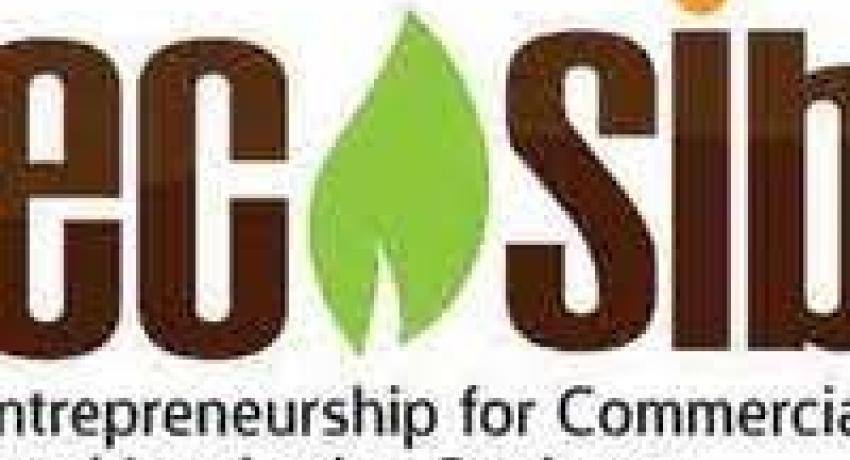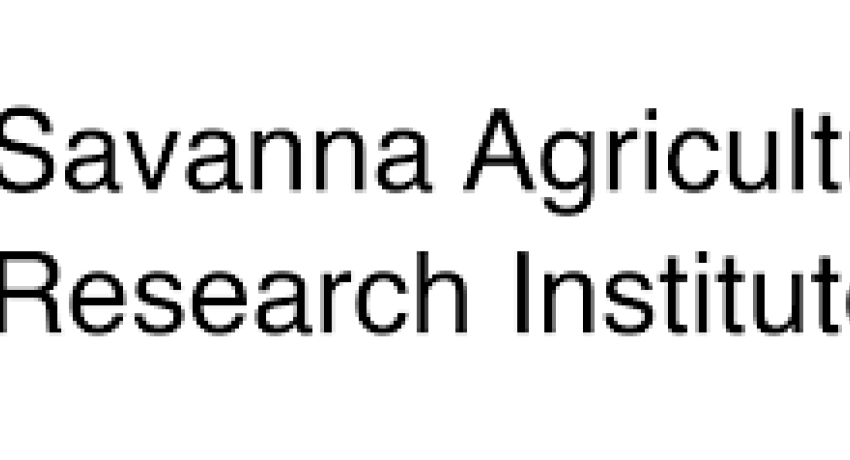Agri-impact together with FARA and funding from Alliance for Green Revolution in Africa (AGRA) supported a project called Entrepreneurship for Commercial Seed Incubation Business (ECoSIB) in 2016. This project built the technical and managerial competencies of seed businesses.
ECoSIB sought to increase availability and accessibility of superior quality seeds to smallholder farmers through scaling up volume of breeder and foundation seeds and develop a cadre of seed business entrepreneurs with the requisite skills to engage in commercial production and distribution of superior quality seeds in Ghana. The 19-month project funded through the Scaling Seed and Technologies Partnership (SSTP) of AGRA through FARA adopted the integrated value chain approach to address key issues identified as slowing the growth of the seed industry in Ghana such as low level of entrepreneurial skills and poor distribution systems The Initiative was modeled after FARA/UniBRAIN’s tripartite collaboration between Universities, Research and Business for agricultural innovation development and technology commercialization.
- Built the technical and managerial competencies of SMEs in seed business and develop a cadre of business entrepreneurs with the requisite skills to engage in commercial production and distribution of improved seeds.
- Increased availability of improved quality seeds of selected crops to smallholder farmers.
- Facilitated market linkage between certified seed producers and seed buyers.
- 35 Seed SMEs mentored and coached.
- 35 Seed companies trained in yam minisett technology and hybrid seed production
- 15 managers and owners of seed SMEs trained in Seed Business Management including understanding national seed policy and national seed plan.
- 8 Seed SMEs linked to the Rural Development Fund (RDF) of DANIDA to obtain credit on concessionary basis
- 2 Storage structures made available for use by the enterprise farmers
- 10 ECoSIB partners trained in Incubation management by AAIN
- Farmers were willing to use improved seeds for all the economic benefits it presented but had weak purchasing power thus their preference was for sub-standard seeds which came with less cost. Controlled price regimes by the umbrella association were not successful because of varied production cost. ECoSIB built the business systems of the seed companies to produce at the minimum cost and sell to farmers at a price that would be affordable to smallholder farmers to enhance adoption.
- Project success depended on quality and commitment of the entrepreneurs being incubated and their sense of commitment was linked to the unique business challenges the project addressed. Entrepreneurs’ input on project design would increase their desire for mentorship, willingness to learn and preparedness to take calculated risk. This would enhance the successful outcome of targeted intervention and ensure a positive impact on the business operations of project beneficiaries.
- Substantial number of seed was sold through Agro dealers. However, most of the Agro dealers lacked the capital to stock seeds especially when seed companies did not provide credit or consignment stock. They also lacked knowledge of the characteristics of the seed they sold to be able to educate farmers who visited their shops. Therefore, providing credit and training to Agro dealers on varietal characteristics and good seed handling practices would boost seed sales and encourage more entrants into the seed retailing business therefore widening the seed market outlets farther to the rural communities to enhance availability and accessibility by the smallholder farmer.
- Hybrid maize production was profitable due to its high yield potential, it required an appropriate level of input use, which was mostly expensive, for achieving higher yield and profit. For instance, due to high level of rainfall variability, commercialization of hybrid seed production technology required investment in irrigation to fully benefit from its high yield potential. Farmers in potential environment who could afford such constraining factors as irrigation stood to gain the most from adapted and suitable hybrids.





















